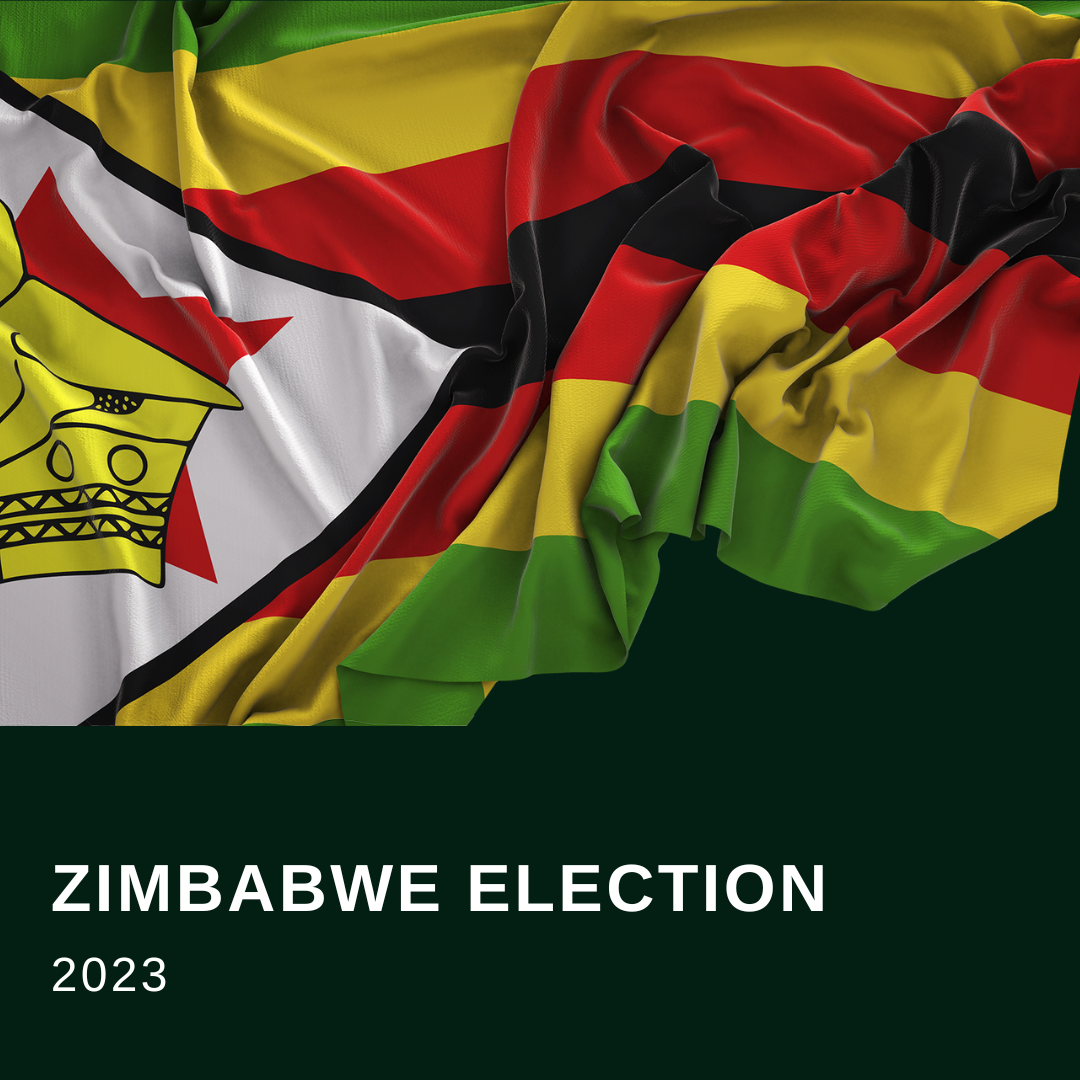NEWS

IN BRIEF
On March 16, 2013, 3.3 million Zimbabweans participated in voting […]
SHARE
On March 16, 2013, 3.3 million Zimbabweans participated in voting for a new Constitution, forever marking the date in history. Nearly 95% of voters approved the country’s draft new constitution. The Constitutional referendum marked a significant moment of unity among Zimbabweans, following more than a decade of political polarization. On that day, the people’s unity demonstrated that the Constitution represented their collective aspirations, emphasized in the Constitution’s opening remarks of the preamble, which state, “We the people of Zimbabwe…”
While the new constitution was praised by analysts for being highly progressive, the lack of implementation of key provisions has led to doubts about the Zimbabwean government’s willingness to upholding the provisions of the country’s supreme law. The Constitution is now 10 years old, and the country has struggled to implement Constitutional provisions on gender equality.
Section 17 of the Constitution states, “The State must promote full gender balance in Zimbabwean society, and in particular, the State must promote the full participation of women in all spheres of Zimbabwean society based on equality with men. The State must take all measures, including legislative measures, needed to ensure that both genders are equally represented in all institutions and agencies of government at every level; and that women constitute at least half the membership of all Commissions and other elective and appointed governmental bodies established by or under this Constitution or any Act of Parliament.” Section 56 (2) also asserts that “Women and men have the right to equal treatment, including the right to equal opportunities in political, economic, cultural, and social spheres.”
Although the country has established institutions to promote gender equality such as the Gender Commission and the Ministry of Women Affairs, achieving gender parity remains a dream. The outcome of the recent nomination court, which selected candidates for Presidential, National Assembly, and Local Authority elections, unquestionably demonstrated that Zimbabwe lags behind in promoting gender equality in politics and public leadership. Only 11% of the candidates who passed nominations for parliamentary elections were women, compared to 14% in 2018. In the Presidential elections, there is one women candidate in 2023, while in 2018, only 4% were women. This regressive trend marginalizes women from public decision-making and political leadership, despite their significant proportion, constituting 52% of the population. The failure to implement Constitutional provisions on gender equality reflects an accountability issue, as it signifies the country’s failure to comply with the supreme law. Women’s limited access to financial resources is a systemic barrier that militates against their participation in politics. Many aspiring women candidates struggle to raise the required US$20,000 required to file nomination papers.
Gender equality in politics and public decision-making is necessary for progress and development. President Emmerson Mnangagwa has repeatedly emphasized the importance of “leaving no one and no place behind” in development processes. However, as long as women continue to be marginalized in politics, this mantra remains theoretical and detached from reality. From an accountability perspective, although evidence is inconclusive regarding whether women are less corrupt than men, data from numerous countries demonstrates that greater women’s rights and participation in government and politics positively correlates with better governance and lower levels of corruption. Empowering women and promoting their political participation are essential in combating corruption, addressing the gendered impact of corruption, and ultimately addressing gender power imbalances and inequalities between women and men (Transparency International, 2016). Research on political corruption typically shows that women in elected offices are more likely than their male colleagues to prioritize improving public service delivery, particularly services that benefit women, including health and education. Such improvements can reduce the need for women to engage in corrupt practices. A study that examined the relationship between the number of women elected to municipal councils in Mexico and levels of corruption (Wangnerud, 2012) revealed that higher female representation was associated with lower experiences of corruption in local institutions. These research findings are critical in helping us understand that Zimbabwe needs to scale up efforts to achieve gender equality in politics and public leadership to turn the tide against corruption. The actions that need to be taken include:
– Full implementation of all Constitutional provisions that promote gender equality in political and public life.
– Addressing the systematic exclusion of women from participating in elections due to limited access to finance. This could involve reducing nomination fees or charging lower fees for women candidates and other marginalized groups. Additionally, women should be supported with resources for their election campaigns.
– Reversing SI 114 of 2023, which hinders gender equality
– Enforcing gender equality should be incorporated into the mandate of the Zimbabwe Electoral Commission (ZEC), and there should be a legal framework that compels political parties to enforce gender equality in politics.
Alois Nyamazana is the Monitoring, Learning and Evaluation Manager at Accountability Lab Zimbabwe
